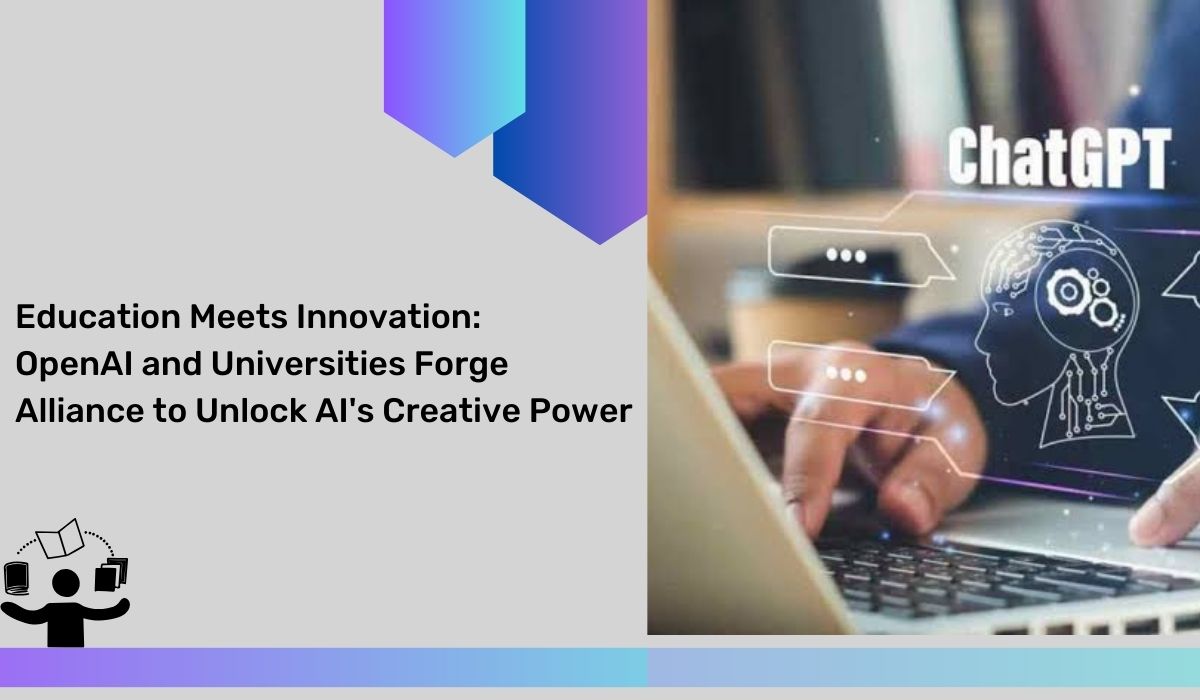
OpenAI has forged a strategic partnership with Arizona State University (ASU), marking OpenAI's inaugural foray into the realm of higher education. The collaboration is set to introduce ChatGPT, OpenAI's powerful AI-driven chatbot, to the university's researchers, staff, and faculty. This initiative not only signifies a milestone for OpenAI but also highlights the evolving landscape of AI integration within educational institutions. ASU and OpenAI plan to kick off their partnership with an open challenge scheduled for February, encouraging faculty and staff to submit innovative ideas for leveraging ChatGPT. The move reflects a broader trend in the education sector, where institutions grapple with the rapid advancement of AI technology, often outpacing curricular adaptations.The journey of AI in education has been a dynamic one, marked by a shift in perspectives. Last summer witnessed a wave of institutions hurriedly banning ChatGPT due to concerns related to plagiarism and misinformation.
The landscape is evolving, with some institutions rescinding their bans and embracing workshops on the potential of AI, including tools like ChatGPT.The ongoing debate surrounding the role of AI, particularly Generative AI (GenAI), in education remains complex and multifaceted. Despite acknowledged drawbacks, proponents argue for its potential benefits. ChatGPT, for instance, could serve as a valuable resource for students struggling with assignments, providing step-by-step explanations for math problems or generating essay outlines.However, concerns over potential misuse and cheating persist. Stories have emerged of students utilizing ChatGPT to compose significant portions of papers and essay responses in take-home tests. While educators acknowledge the existing challenges, some believe that the use of AI, such as ChatGPT, could spark positive changes in educational approaches.
Addressing concerns about cheating, proponents argue that the incentive structure in education, focused primarily on grades rather than understanding, may contribute to such behavior. The introduction of GenAI tools could potentially reshape these incentives, encouraging a shift from a grades-centric approach to a genuine focus on learning.Amidst the ongoing discourse, OpenAI's collaboration with ASU emerges as a proactive step toward exploring the possibilities of AI in education. The partnership not only underscores the potential of AI tools but also invites educators to pilot innovative methods of integrating technology to enhance learning experiences.
In addition to this groundbreaking collaboration, the broader AI landscape has witnessed notable developments. Microsoft, for instance, has made its Reading Coach AI tool available at no cost, aiming to provide personalized reading practice. Furthermore, EU regulators are pushing for greater algorithmic transparency in music streaming platforms, emphasizing the need to address AI-generated music and deepfakes.As AI continues to permeate various sectors, from education to space exploration, it brings both opportunities and challenges. OpenAI, in its quest for collective alignment and ideas from the public, is navigating the complex terrain of AI ethics and applications. Amidst the diverse narratives, the fusion of AI and education stands as a testament to the transformative potential of technology in shaping the future of learning.